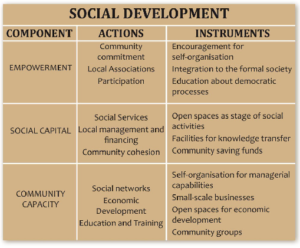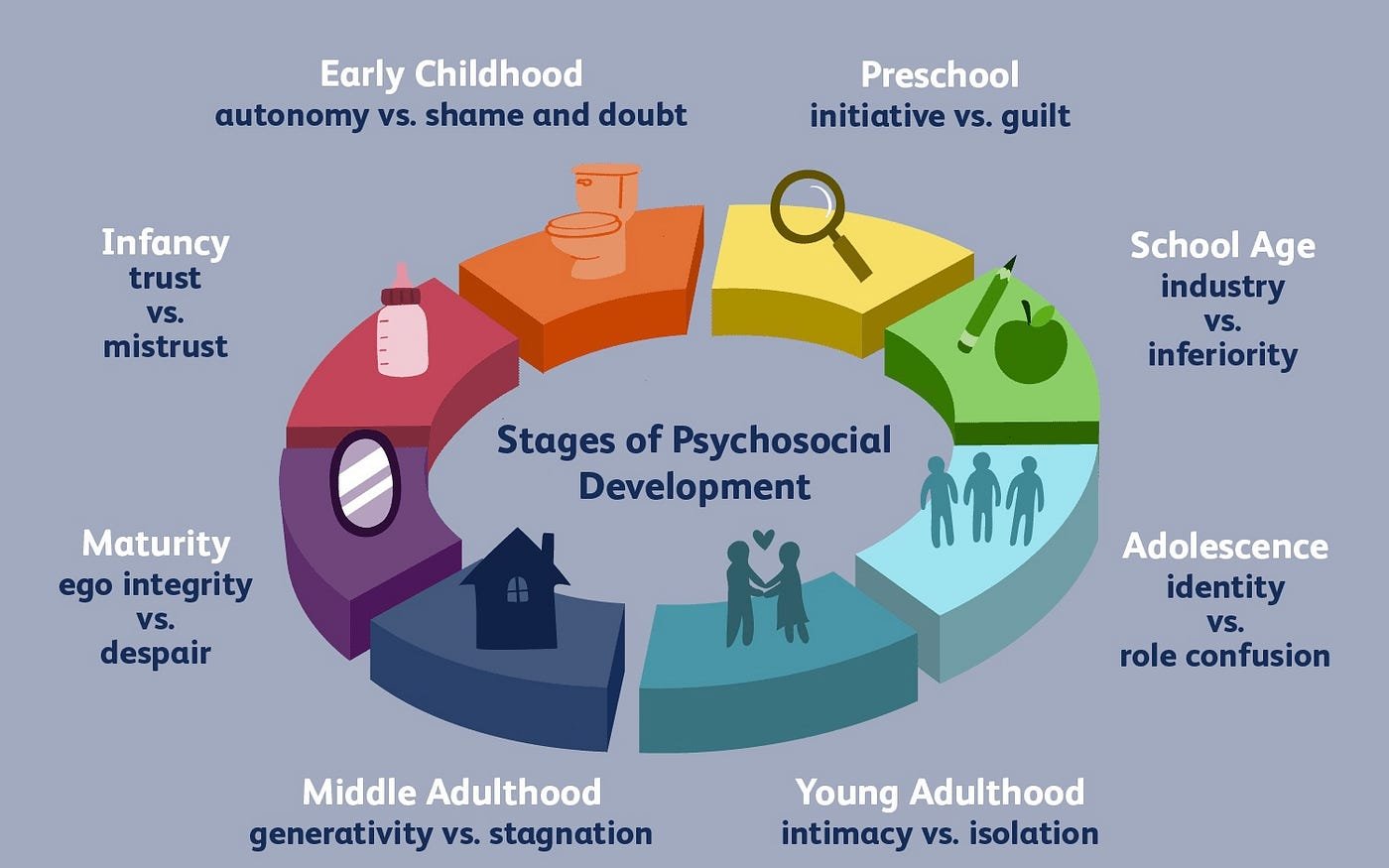In the ever-evolving landscape of modern society, social development plays a pivotal role in shaping the well-being of individuals and communities. It encompasses a wide array of initiatives aimed at improving the quality of life, fostering equality, and promoting sustainable growth. Understanding the importance of social development is essential for recognizing how it contributes to a harmonious and progressive society.

Defining Social Development
Social development refers to the process of improving the social, economic, and environmental conditions of people within a society. It involves a comprehensive approach to addressing issues such as poverty, education, healthcare, gender equality, and social inclusion. By focusing on these areas, social development aims to create an environment where all individuals can thrive and reach their full potential.
Enhancing Quality of Life
One of the primary goals of social development is to enhance the quality of life for all members of society. This includes ensuring access to basic necessities such as food, clean water, shelter, and healthcare. By addressing these fundamental needs, social development initiatives help to reduce poverty and improve living standards.
For example, investing in healthcare systems ensures that individuals have access to medical services, which can prevent diseases and improve overall health outcomes. Similarly, providing quality education equips people with the knowledge and skills needed to secure better job opportunities and contribute positively to their communities.
Promoting Equality and Social Justice
Social development is intrinsically linked to the promotion of equality and social justice. It aims to eliminate disparities and create a level playing field for all individuals, regardless of their background, gender, or socioeconomic status. This involves implementing policies and programs that address discrimination, provide equal opportunities, and protect the rights of marginalized groups.
Gender equality is a key aspect of social development. Ensuring that women have equal access to education, employment, and healthcare not only empowers them but also contributes to economic growth and social stability. Additionally, promoting social inclusion by supporting vulnerable populations, such as people with disabilities and ethnic minorities, helps to build cohesive and resilient communities.
Fostering Economic Growth
Economic growth and social development are interdependent. A society that invests in social development creates a healthier, more educated, and more skilled workforce, which in turn drives economic progress. By reducing poverty and improving living conditions, social development initiatives increase productivity and enhance the overall economic stability of a nation.
Moreover, social development encourages entrepreneurship and innovation by providing individuals with the resources and support they need to start businesses and develop new ideas. This leads to job creation, increased income levels, and a more vibrant economy.
Building Stronger Communities
Social development plays a crucial role in building stronger, more connected communities. It promotes social cohesion by encouraging collaboration, mutual respect, and understanding among individuals from diverse backgrounds. When people feel valued and included, they are more likely to participate actively in their communities and work together towards common goals.
Community development programs, such as those that support local businesses, provide affordable housing, and enhance public spaces, contribute to the overall well-being of society. These initiatives create a sense of belonging and pride, which strengthens the social fabric and fosters a supportive and inclusive environment.
Ensuring Sustainable Development
In the context of modern society, social development is closely linked to environmental sustainability. Sustainable development seeks to meet the needs of the present without compromising the ability of future generations to meet their own needs. Social development initiatives that focus on environmental sustainability, such as promoting renewable energy, reducing waste, and conserving natural resources, ensure that progress is balanced and long-lasting.
By integrating social, economic, and environmental goals, sustainable development creates a holistic approach to growth that benefits both people and the planet. This not only addresses immediate challenges but also ensures that future generations can enjoy a healthy and prosperous world.
Conclusion
The importance of social development in modern society cannot be overstated. It is a fundamental process that enhances quality of life, promotes equality and social justice, fosters economic growth, builds stronger communities, and ensures sustainable development. By prioritizing social development, societies can create environments where all individuals have the opportunity to thrive and contribute to a better future. Understanding and supporting social development is essential for building a harmonious, progressive, and resilient world.



